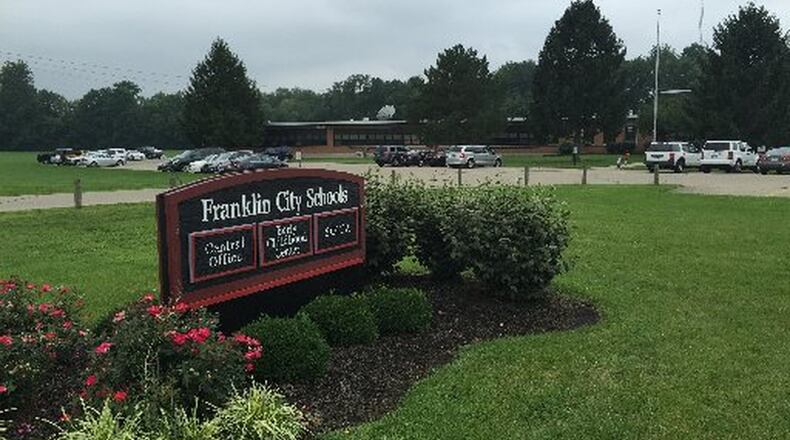“The big thing is that we’re trying to bring these levies together because they raise the same amount of money,” said Board President Chris Sizemore. “It reduces voter fatigue by not having to run two levies back to back because they expire within a year of each other.”
Sizemore said the board kept the levy at five years to ensure accountability to the voters. He said the other reason why the board opted for a five-year levy is because there’s a stigma with continuing levies and the uncertainty of state funding.
MORE: Police: Man injured in Hamilton crash was driving stolen car
According to Superintendent Michael Sander, the new substitute levy will not raise taxes on property owners and will generate the same amount of revenue for the district. In addition, if the substitute levy is approved by voters this fall, property owners would still keep a portion of the 12.5 percent homestead exemption rollback on close to 8 mills of the proposed levy.
Warren County Auditor Matt Nolan said the certified millage for the proposed substitute levy is 0.91-mill less and said after the property re-valuations are completed, that millage may go down by at least 1 mill and still generate the fixed amount of nearly $7.18 million.
Nolan said the owner of property valued at $100,000 would still pay about $528.28, which is what they currently pay for the two levies.
Board Treasurer Jana Bellamy said substitute levies are used to replace one or more tax levies.
Bellamy said the first five-year emergency levy was approved by voters in 2005 at 9.79-mills to generate nearly $4.7 million. The millage for that levy has been reduced to 8.90-mills when it was renewed in 2010, and reduced to 8.88-mills when it was passed again in 2015. Because it’s a fixed amount generated, the school district does not benefit from increases in property tax valuation and is why the millage continues to go down. That levy expires at the end of 2020.
“The reason I like the substitute levy is because it allows property owners to receive the 12.5 percent homestead rollback on the emergency levy that was originally passed in 2005,” she said.
Due to changes in state law in 2013, the homestead exemption rollback was eliminated on new tax levies passed since then, she said. Bellamy said if this levy fails, property owners will see that rollback disappear.
The second five-year, 7.92 was approved in 2014 and expires at the end of 2019. That levy also generates a fixed amount of revenues that totals $3.11 million.
At the end of the 2017-2018 school year, there were 2,951 students enrolled in the Franklin City School District.
About the Author

